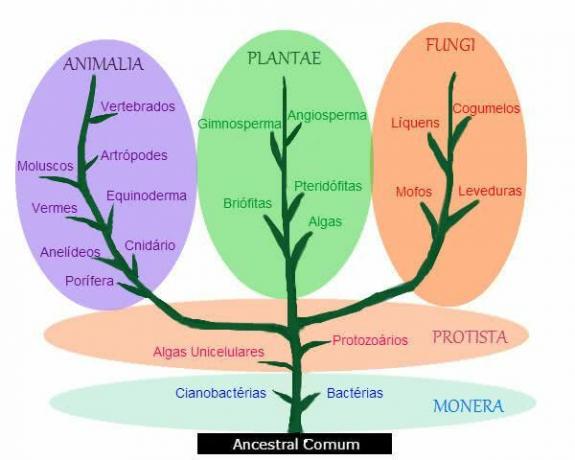Botany is a branch of biology that studies the physiology and morphology of plants, fungi and algae. It is a discipline that has subdivisions to be better studied, therefore, we can classify it as:
Descriptive Botany: branch of botany whose main research method is observation. The lines of research in the areas of morphology, systematic botany (a branch of botany that classifies plants), phytogeography, plant taxonomy, paleoecology are some sub-areas of botany descriptive.
Applied Botany: it is the branch of botany that studies plants according to the relationships that men establish with them, such as pharmaceutical botany (the use of medicinal plants by men), botany agricultural (use of plants in agriculture), phytopathology (studies the diseases that affect plants useful to humans), interaction of microorganisms with the plant, pollination, culture of fabrics etc.
Do not stop now... There's more after the advertising ;)
experimental botany: branch of botany that uses experimentation as its main form of research. Plant physiology is the most important line of research in experimental botany, which can be subdivided into more specialized branches such as plant reproduction, plant ecophysiology, nutrition and plant growth among others.
As it is a very broad area, botany has numerous lines of research that fit into the subdivisions mentioned above. The study of all the characteristics of these organisms is essential, as their importance for the environment and for men is indisputable, not forgetting that it is through the maintenance of the flora that we have the conservation of countless species of animals.
By Paula Louredo
Graduated in Biology
Would you like to reference this text in a school or academic work? Look:
MORAES, Paula Louredo. "Definition of Botany"; Brazil School. Available in: https://brasilescola.uol.com.br/biologia/definicao-botanica.htm. Accessed on June 27, 2021.



